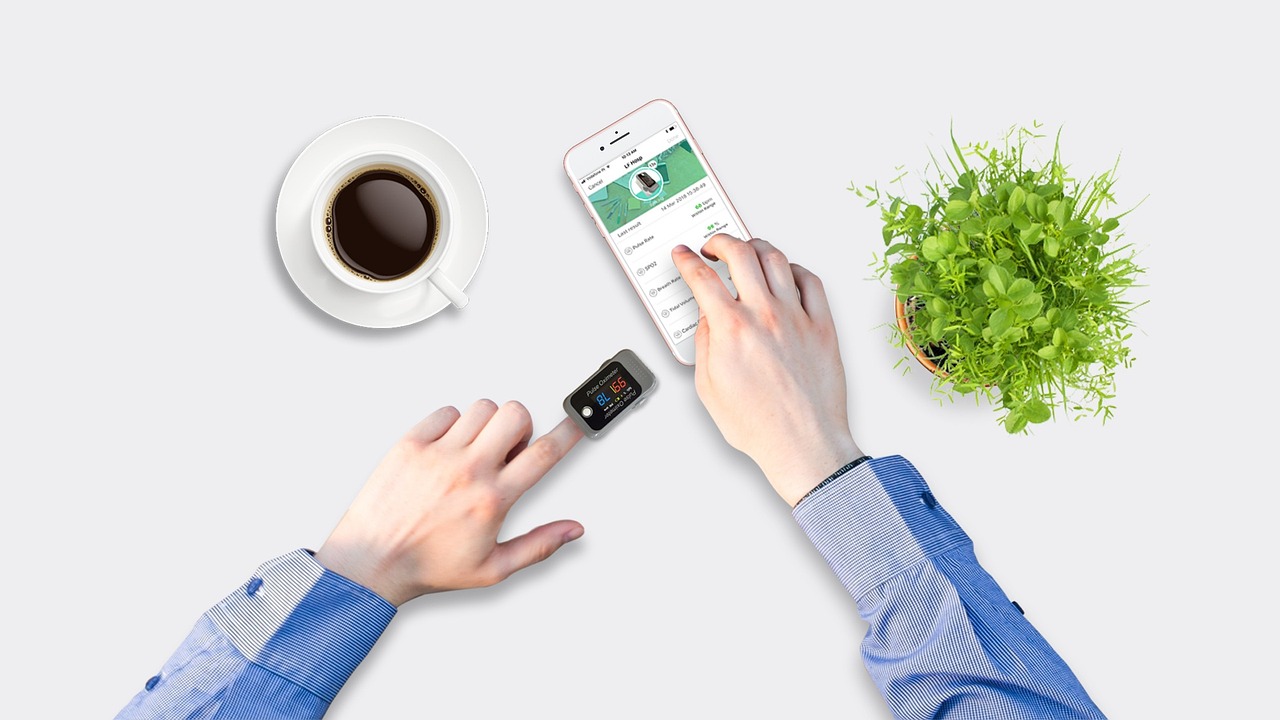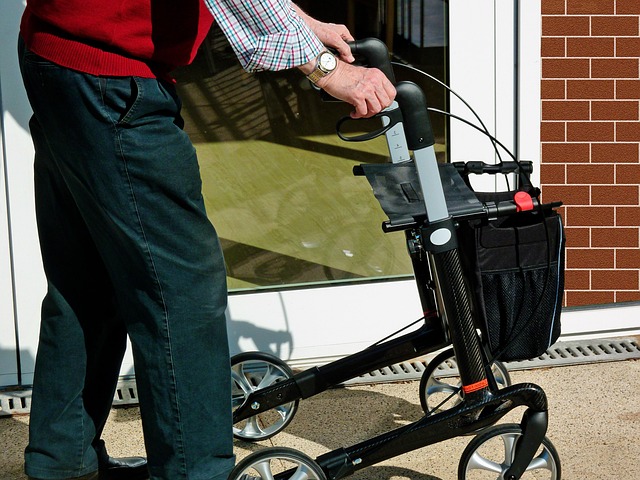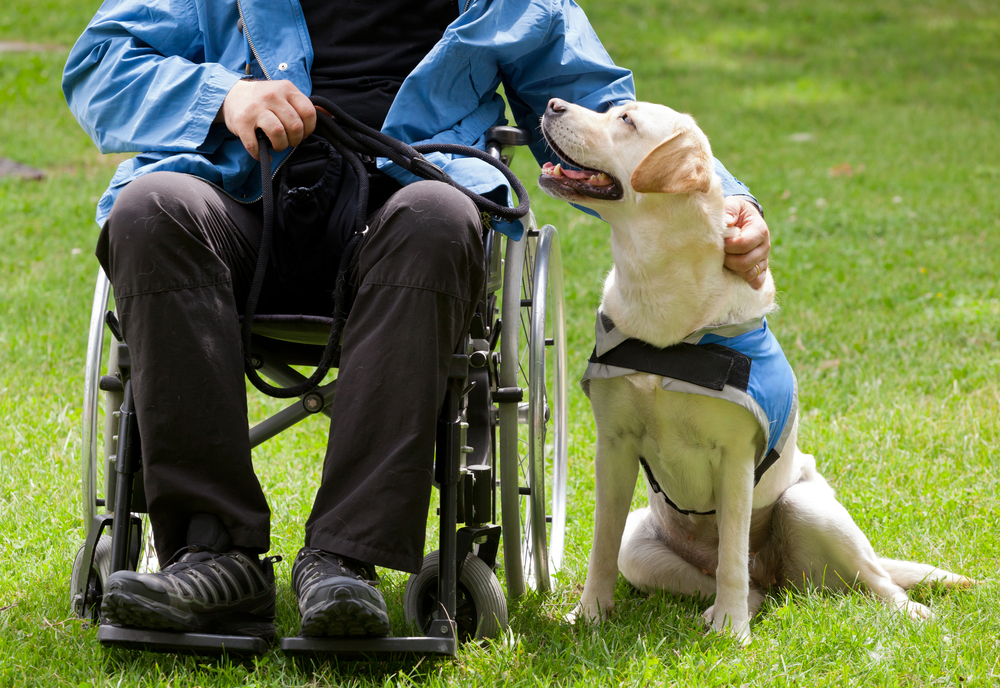Tech tools and apps that support reduced alcohol intake
Digital tools can provide structure, tracking and social support for people reducing alcohol intake. Apps and platforms focus on tracking consumption, building routines, practicing mindfulness, accessing counseling, and connecting with peers. This article outlines categories of tools, practical uses, and a comparison of widely used apps and services.

How can tracking aid sobriety?
Tracking apps translate subjective progress into measurable data, helping people notice patterns and celebrate milestones. Many sobriety trackers let users log days sober, cravings, and situational triggers, and they often display charts of progress that support motivation and resilience. Simple daily check-ins can strengthen routines and habits by making commitment visible; paired with reminders and analytics, tracking apps can reveal relapse risk windows so users or support contacts can intervene earlier.
Which apps support mindfulness and wellness?
Mindfulness and wellness apps teach breathing, meditation, and stress-management techniques that are useful when cravings or triggers arise. Guided practices reduce acute anxiety and can be integrated into a recovery routine to improve sleep, mood, and emotional regulation. Many of these apps include short sessions tailored to busy schedules, which helps build consistent routines that support detox and longer-term recovery without requiring clinic visits.
How do therapy and counseling apps help?
Teletherapy platforms and counseling apps provide access to licensed therapists, peer-support forums, and structured programs focused on substance use and co-occurring mental health concerns. For people who prefer remote care or need flexible scheduling, these services offer options ranging from messaging support to live video sessions. Integrating therapy with tracking and mindfulness tools can create a coordinated approach that addresses both behavior and underlying causes of alcohol use.
How can apps change habits and routines?
Behavior-change apps apply habit-forming techniques like streaks, reminders, and micro-goals to reduce drinking. Habit-focused tools break larger objectives into daily tasks (e.g., drinking-free evenings, exercise, sleep hygiene) and prompt reflection to reinforce new routines. Gamified elements and small rewards can maintain motivation, while journaling features help users identify emotional or contextual triggers. Over time, repeated practice supported by these tools builds resilience and replaces alcohol-centered habits with healthier alternatives.
What tools address triggers and relapse?
Several apps include crisis or relapse-prevention modules: emergency checklists, step-by-step coping strategies, contacts for immediate support, and location- or time-based alerts tied to known triggers. Social-network platforms for people in recovery offer peer support and accountability, which research links to lower relapse risk. Combined with tracking and therapy, these tools create layered defenses—practical steps, social accountability, and professional help—when users face high-risk moments.
| Product/Service Name | Provider | Key Features | Cost Estimation |
|---|---|---|---|
| I Am Sober | I Am Sober LLC | Sobriety tracking, daily pledges, community reminders, milestones | Free core; in-app purchases or subscription (est. $3–6/month) |
| Sober Time | Sober Time (Various devs) | Custom counters, progress stats, relapse logs, motivation cards | Free core; optional premium (est. $2–5/month) |
| Nomo | Nomo App | Streak tracking, timers, group support, goal-setting | Free with optional paid features (est. $2–6/month) |
| Loosid | Loosid | Sober social networking, local recovery-friendly listings | Free core; optional premium features (est. $3–8/month) |
| Headspace | Headspace Inc. | Guided meditation, sleep, stress management useful for cravings | Subscription (est. $7–13/month or $50–70/year) |
| BetterHelp | BetterHelp, Inc. | Online counseling with licensed therapists via messaging or video | Subscription therapy (est. $60–90/week) |
Prices, rates, or cost estimates mentioned in this article are based on the latest available information but may change over time. Independent research is advised before making financial decisions.
How to combine tools for a personalized plan
No single app solves every need; combining tracking, mindfulness, and therapy often works best. For example, use a sobriety tracker to log progress, a mindfulness app for acute cravings, and a counseling service for structured therapy. Adding peer-support platforms or local services can increase accountability and access to in-person help if needed. Establish routines that integrate short daily practices and weekly reflections to build sustainable recovery habits.
This article is for informational purposes only and should not be considered medical advice. Please consult a qualified healthcare professional for personalized guidance and treatment.
Conclusion
Technology offers a range of practical options for people reducing alcohol intake: measurement and feedback from trackers, coping skills from mindfulness apps, and professional input from therapy platforms. Thoughtful use of these tools—matched to personal needs, local services, and professional advice—can support gradual behavior change, stronger routines, and improved resilience without replacing clinical care when it is needed.






